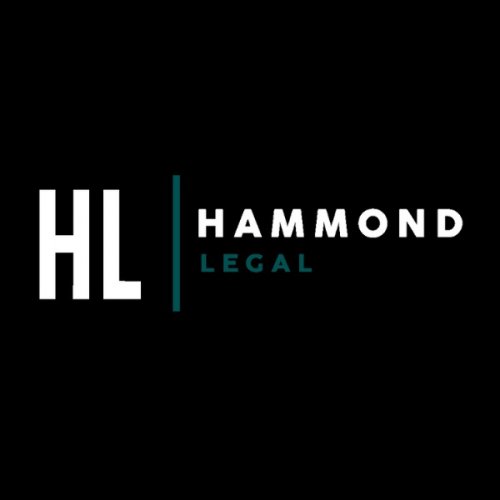Best General Litigation Lawyers in Albany
Share your needs with us, get contacted by law firms.
Free. Takes 2 min.
List of the best lawyers in Albany, Australia
About Litigation Law in Albany, Australia:
Litigation Law in Albany, Australia refers to the legal procedures and processes associated with resolving disputes in court. This could involve a wide range of circumstances; from contract disagreements, property-related issues, to business disputes. Litigation law is an integral part of the Australian legal system, and follows a set process, starting with a plaintiff filing a complaint which then could proceed through the stages of pleadings, discovery, trial, and potentially appeal.
Why You May Need a Lawyer:
Bearing the complexity and formal nature of litigation, it is often an indispensable requirement to have a lawyer. They assist in interpreting the law, preparing necessary documents, representing their client in court, and providing expert advice. Common situations where you may require a litigation lawyer include: Dispute with a business or individual, personal injury cases, dealing with a breached contract, real estate disputes, labor or employment issues, and business disputes.
Local Laws Overview:
The local laws in Albany relevant to litigation majorly revolve around contract law, property law, tort law, constitutional law, amongst others. For example, contract law regulates agreements made between parties while property law directs property-related disputes. Each of these laws has unique procedures and regulations to follow during litigation.
Frequently Asked Questions:
What is the general process of litigation in Albany, Australia?
The general process starts with the plaintiff filing a complaint. Then, both parties present their cases during the pleadings phase, followed by the discovery phase to exchange relevant information. Thereafter, a trial occurs, where a final decision is made; however, the losing party may choose to file an appeal.
How long does the litigation process take?
The length of the litigation process can vary based on the complexity of the case, the cooperation between parties, and the court's schedule. It could range from several months to a few years.
What should I look for when hiring a litigation lawyer?
You should look for a lawyer specialized in litigation law, with substantial expertise and experience in your type of dispute. Consider their communication skills, responsiveness, professional reputation, and fee structure as well.
Can I represent myself in court?
While it is legally possible to represent oneself in court, it is not generally advisable due to the complex nature of the law and necessity of developing a strong case.
What are the possible outcomes of a litigation case?
The outcomes of a litigation case can vary widely- From an agreement reached through negotiation or mediation, to a trial that results in a verdict by the judge or jury. In certain situations, the case may also be dismissed.
Additional Resources:
Resources that could be helpful include the Law Society of Western Australia, the Australian Government Attorney-General's Department, and local law libraries. They offer diverse resources, from information on specific laws, to lists of practicing lawyers in Albany.
Next Steps:
If you require legal assistance in litigation, it is recommended to consult a qualified litigation lawyer in Albany. They can guide you through the complexities of the litigation process, and provide expert advice tailored to the specifics of your case. Prior to consultation, prepare all relevant documents and information related to the dispute to provide a succinct idea to the lawyer. It is important to clearly communicate your objectives and concerns to ensure an effective legal representation.
Lawzana helps you find the best lawyers and law firms in Albany through a curated and pre-screened list of qualified legal professionals. Our platform offers rankings and detailed profiles of attorneys and law firms, allowing you to compare based on practice areas, including General Litigation, experience, and client feedback.
Each profile includes a description of the firm's areas of practice, client reviews, team members and partners, year of establishment, spoken languages, office locations, contact information, social media presence, and any published articles or resources. Most firms on our platform speak English and are experienced in both local and international legal matters.
Get a quote from top-rated law firms in Albany, Australia — quickly, securely, and without unnecessary hassle.
Disclaimer:
The information provided on this page is for general informational purposes only and does not constitute legal advice. While we strive to ensure the accuracy and relevance of the content, legal information may change over time, and interpretations of the law can vary. You should always consult with a qualified legal professional for advice specific to your situation.
We disclaim all liability for actions taken or not taken based on the content of this page. If you believe any information is incorrect or outdated, please contact us, and we will review and update it where appropriate.








